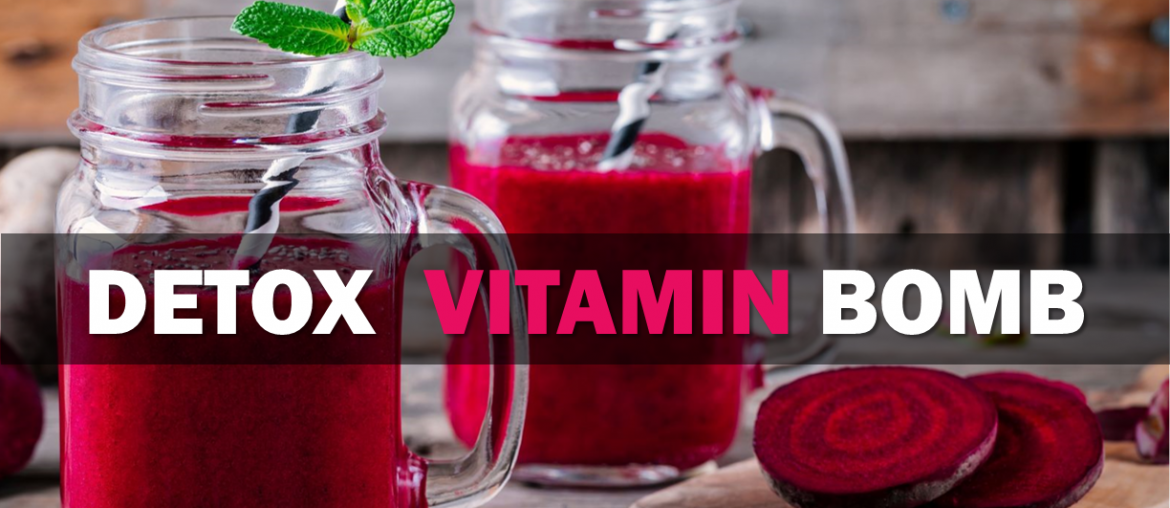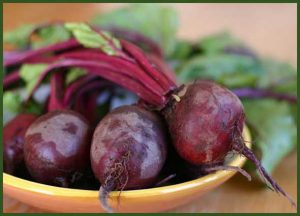A study claims beetroot can lower blood pressure. A beet a day could keep the doctor away.
A team of scientists from Barts and The London School of Medicine and Dentistry has been investigating the medicinal qualities of beetroot for years. The researchers recently discovered that consuming 8 ounces of beet juice daily could lower your blood pressure.
In one study involving 15 patients, some returned to a normal range within as little as three to six hours, and their results were still noticeable a day later. The reason behind it is believed to be the blood-vessel-widening nitrate the vegetable absorbs from the soil.
What came as a surprise was how little of it is needed to produce a positive effect.
The scientists are unsure if the blood pressure lowering benefits are long-lasting. Regardless, the beet has proven itself to be a serious power-player in the vegetable world. It’s been touted as an antioxidant, an anti-inflammatory, and even an aphrodisiac.
Continue reading to learn more and also check out the vitamin bomb smoothie. It consists of just 3 ingredients and is super easy to make.
Beetroot health benefits
Beetroot is a dark red vegetable with an acquired taste which has had a lot of coverage in the news. It has been linked with better stamina, improved blood flood and lower blood pressure.But what’s the truth about beetroot?
Study 1
A new study suggests that drinking beetroot juice can help lower blood pressure in people with high blood pressure.
Beets are a source of vitamins A and C, iron, and other minerals, carotenoids, and dietary fiber. Beets can also increase nitric oxide in the body, which can affect blood vessels.
In a recent study, researchers evaluated the effects of nitrate on blood pressure in people with high blood pressure when consumed in the diet. Sixty-eight people with high blood pressure were randomly assigned to drink 250 mL of beetroot juice containing nitrate or 250 mL of a nitrate-free beetroot juice control drink daily for 4 weeks. The change in blood pressure was evaluated as the main outcome measure.
The researchers found that daily supplementation of beetroot juice containing nitrate was associated with a reduction in blood pressure. Blood pressure measurements were taken by three different methods. Blood pressure measurements taken at home were reduced by 8.1/3.8 mm Hg throughout the 4 week treatment period. Arterial stiffness was also reduced.
The authors concluded that daily nitrate consumption in the diet can play a role in treating high blood pressure and is readily-available and cost-effective.
Next study 2

